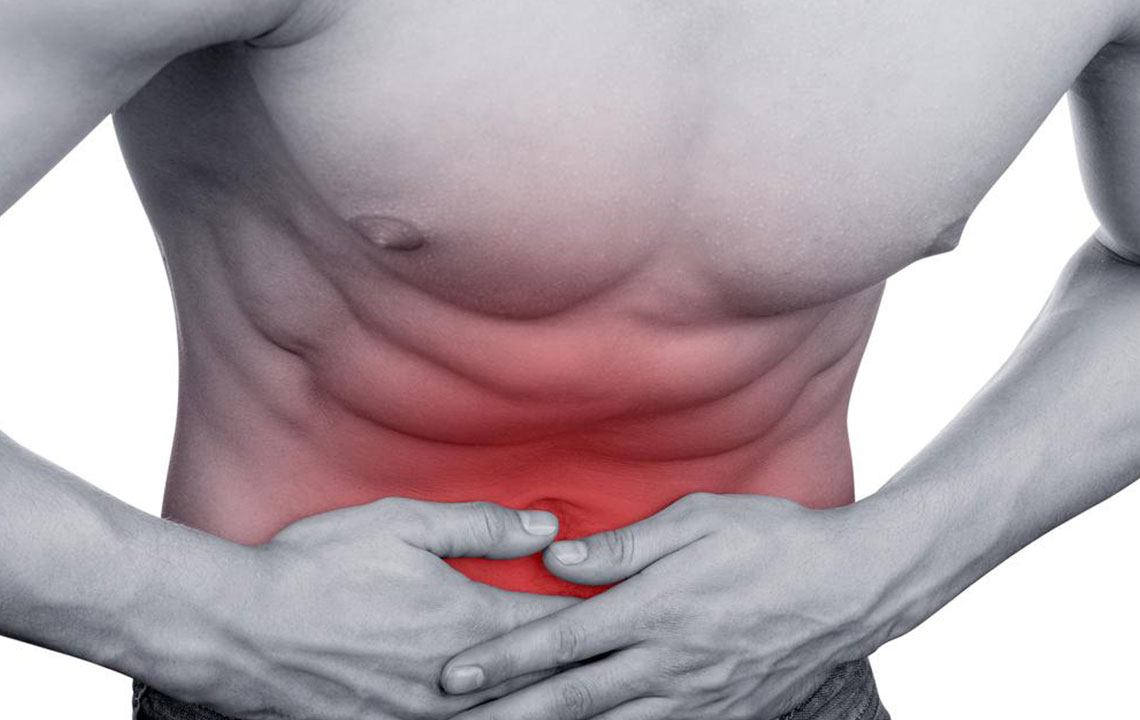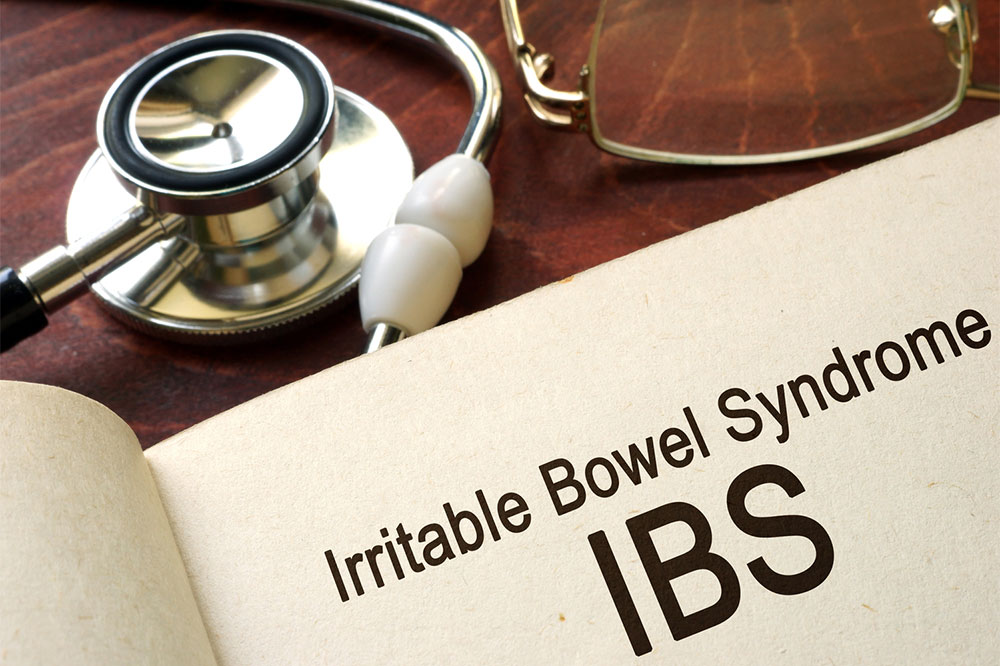Comprehensive Guide to Understanding and Addressing Stomach Discomfort
This comprehensive guide explores the various causes of stomach discomfort and offers effective remedies. It emphasizes when to consult a healthcare professional for persistent or severe symptoms, covering common issues like indigestion, infections, and serious conditions such as appendicitis or cancers. Learn about diagnosis methods and treatment options tailored to specific causes, ensuring timely intervention to improve health outcomes and reduce discomfort.

Comprehensive Guide to Understanding and Addressing Stomach Discomfort
Stomach discomfort, a prevalent health issue experienced by many individuals worldwide, manifests as various sensations of pain, bloating, or unease within the abdominal area. While often mild and transient, these symptoms can sometimes indicate underlying health conditions that require medical attention. Recognizing the causes of stomach discomfort and knowing the effective remedies can significantly improve one's quality of life and prevent potential complications.
Experiencing occasional mild abdominal pain or discomfort is common and typically resolves on its own or with minimal intervention. However, persistent or severe symptoms should not be ignored, as they might signal more serious health concerns that demand prompt medical evaluation. Understanding when to seek medical help is crucial for effective treatment and recovery.
Common Causes of Stomach Discomfort
Indigestion or dyspepsia, often triggered by overeating or consuming spicy, greasy, or acidic foods.
Menstrual cramps, which commonly cause abdominal pain in women during their menstrual cycle.
Viral or bacterial stomach infections leading to symptoms such as nausea, vomiting, and diarrhea.
Constipation, resulting from infrequent or difficult bowel movements.
Diarrhea, often caused by infections, food intolerances, or inflammatory conditions.
Gas buildup, which can cause bloating, sharp pains, and a feeling of fullness.
Peptic ulcers, sores that develop on the lining of the stomach or upper part of the small intestine, causing burning pain.
Irritable bowel syndrome (IBS), a chronic condition characterized by abdominal pain, bloating, and altered bowel habits.
Additional Potential Causes of Abdominal Discomfort
Food sensitivities or allergies, which can trigger inflammation and discomfort.
Urinary tract infections (UTIs), which sometimes refer pain to the lower abdomen.
Food poisoning resulting from contaminated food or water.
Pelvic inflammatory disease, affecting women’s reproductive organs.
Endometriosis, a painful condition where uterine tissue grows outside the uterus.
Crohn's disease, a type of inflammatory bowel disease impacting digestion and absorption.
Hernias, where an organ pushes through the abdominal wall.
Gastroesophageal reflux disease (GERD), leading to acid reflux and chest discomfort.
Gallstones and kidney stones, which can cause severe pinpoint pain.
Appendicitis, characterized by sudden, severe pain in the lower right abdomen.
Serious diseases such as liver, pancreas, or stomach cancers that may initially present as abdominal discomfort.
When Should You Seek Medical Attention?
While minor stomach discomfort often resolves with home remedies, certain symptoms indicate a need for urgent medical evaluation. Immediate medical attention should be sought if symptoms include:
High fever accompanied by abdominal pain
Signs of dehydration, such as dry mouth, dizziness, or dark urine
Persistent vomiting or blood in vomit
Severe abdominal tenderness or swelling
Blood in stool, which may appear as dark or maroon-colored or contain visible blood
Unusual swelling or distension of the abdomen
Jaundice, indicated by yellowing of the skin or eyes
Painful urination, blood in urine, or difficulty urinating
Chest pain or shortness of breath, which could indicate serious systemic issues
Severe pain radiating to the neck or shoulders
Diagnosis and Treatment Options
For menstrual-related pain, over-the-counter painkillers like NSAIDs may provide relief.
Infections generally require antibiotics or antiviral medications based on the causative agent.
Diet adjustments, such as avoiding trigger foods, can alleviate symptoms related to food sensitivities or allergies.
Diagnostic tests such as abdominal ultrasound, CT scans, endoscopy, or laboratory tests may be necessary to determine the underlying cause.
Serious or complicated conditions might require surgical intervention, such as removal of gallstones or repair of hernias.
Ultimately, the treatment approach depends on accurately diagnosing the root cause of stomach discomfort and tailoring interventions accordingly. Consulting a healthcare professional for persistent or severe symptoms is essential for appropriate management and to prevent complications.





